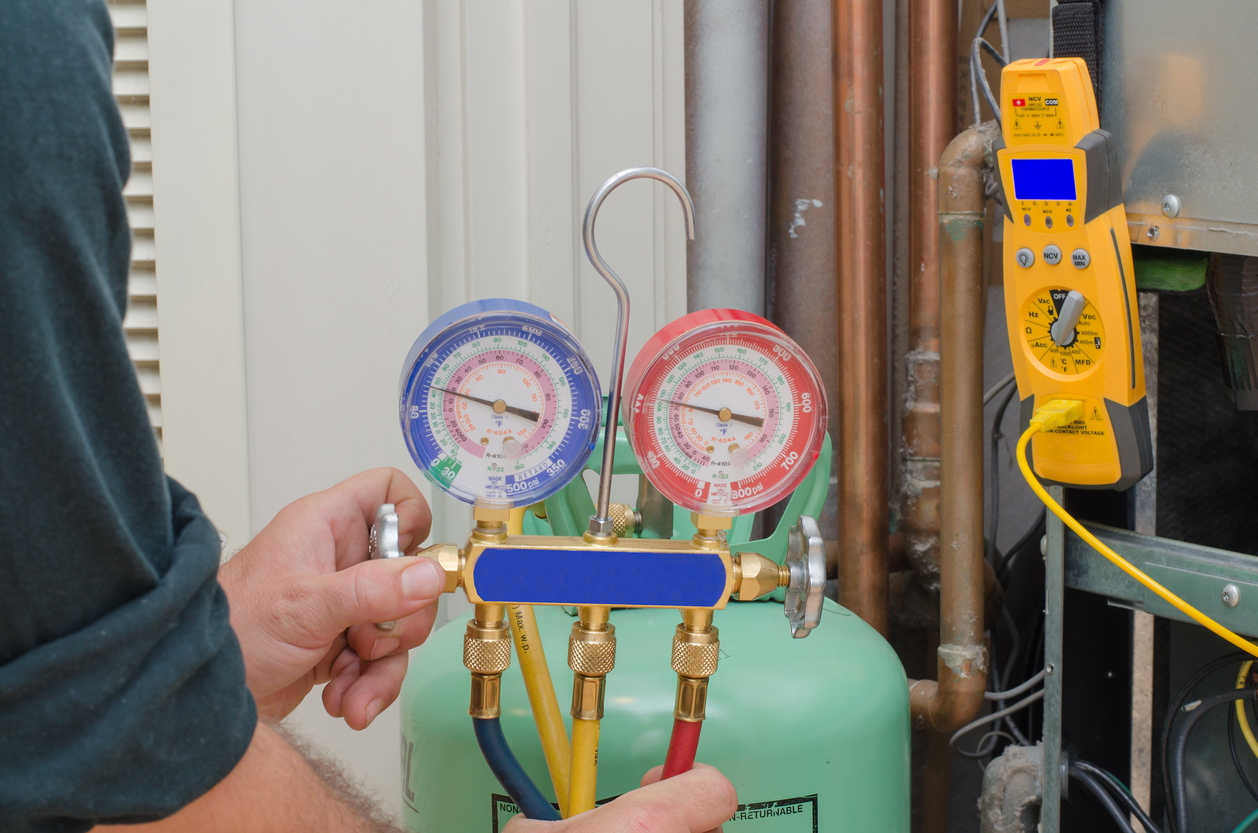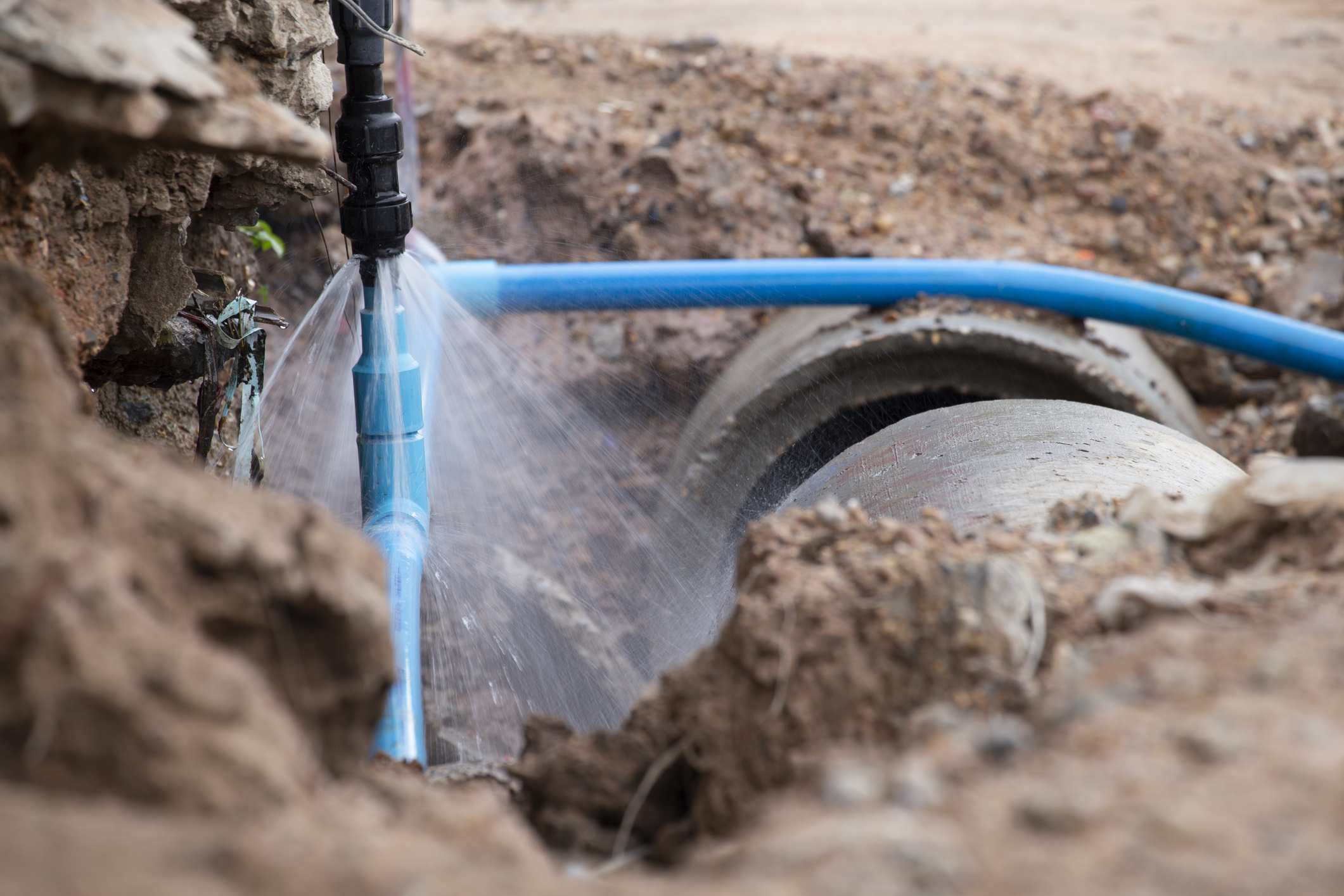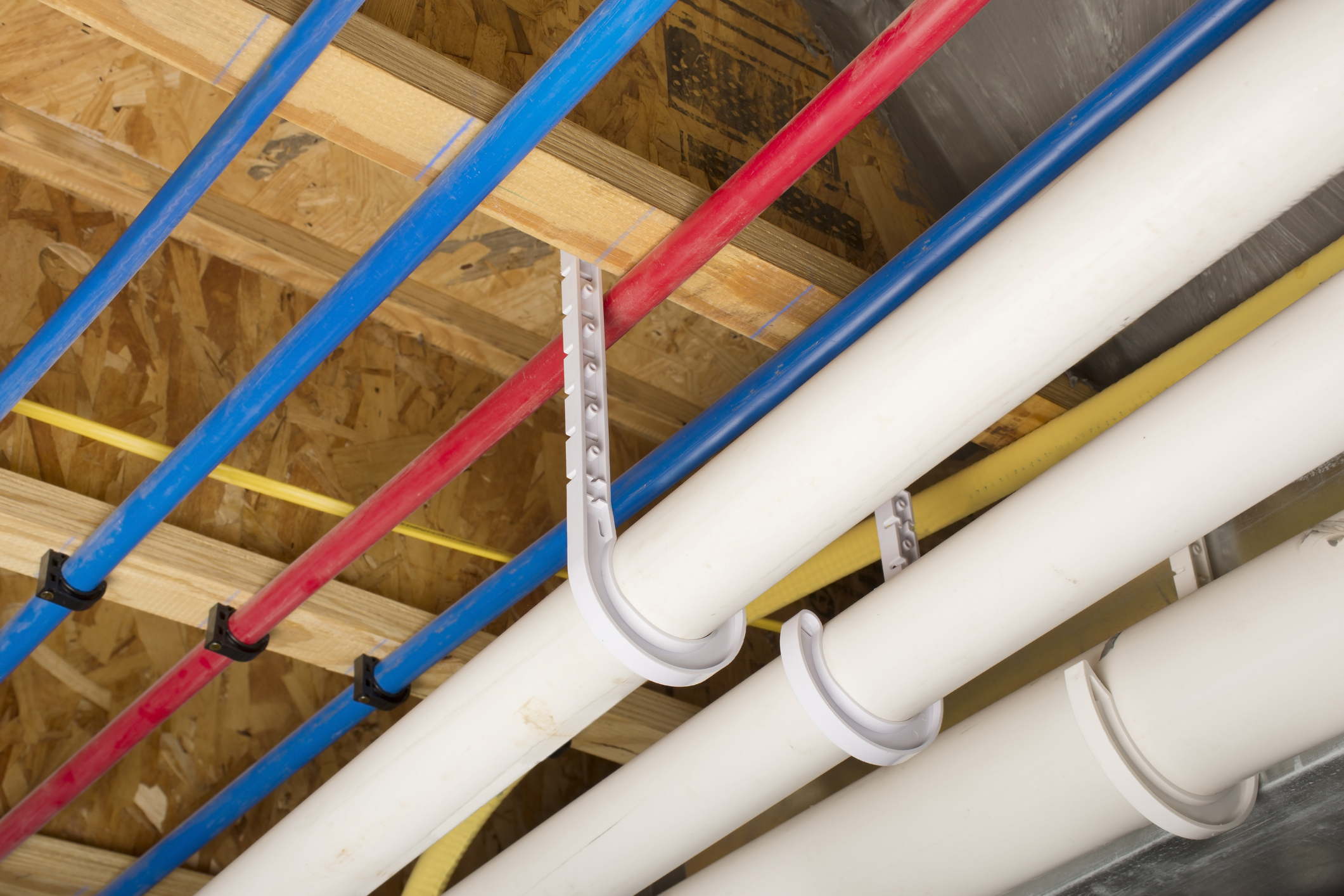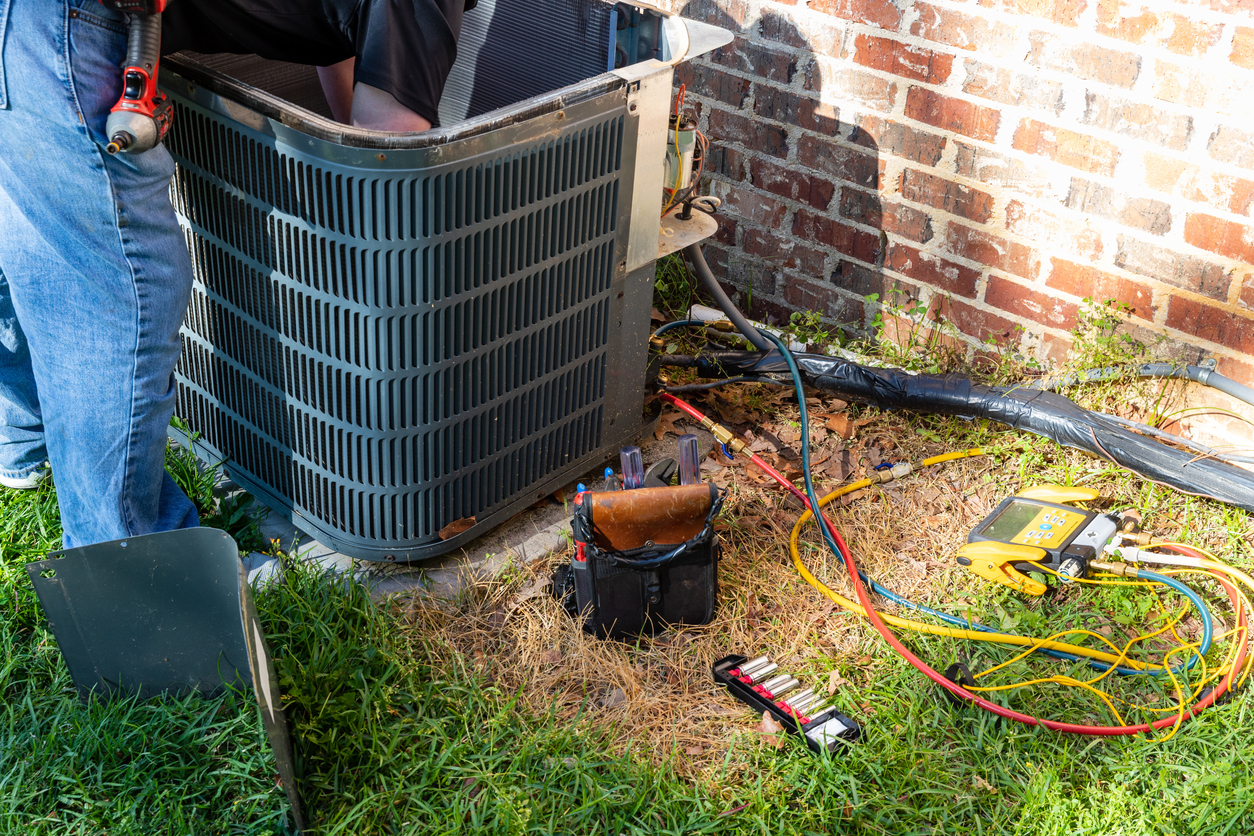Tampa's HVAC Services | License #: CAC1818057

Understanding Different Types of AC Refrigerant
Air conditioning is essential for comfort in many homes and businesses, especially during the hot summer months. One critical component that ensures your air conditioner operates efficiently is the AC refrigerant. This substance is crucial for cooling your space, but with various types available, choosing the right one can be daunting. In this blog post, we’ll explore the different types of home AC refrigerant, their uses, and how to select the best one for your needs.
What is AC Refrigerant?
AC refrigerant, also known as HVAC refrigerant or A/C refrigerant, is a chemical compound that absorbs heat from the environment and releases it elsewhere. Refrigerants are key to air conditioning systems, refrigerators, and heat pumps. They transition between liquid and gaseous states within the AC system, facilitating heat exchange and cooling.
Common Types of Home AC Refrigerant
The most widely used types of home AC refrigerant have evolved over the years, primarily due to environmental regulations and changes in technology. Here are some of the most common refrigerants:
- R-22 (Freon): Often referred to as Freon, R-22 was the standard refrigerant for decades in residential air conditioning systems. However, because it is harmful to the ozone layer, its use is being phased out.
- R-410A: Known by brand names like Puron, R-410A is currently one of the most common refrigerants in newer air conditioners. Unlike R-22, it does not deplete the ozone layer and is considered more environmentally friendly.
- R-32: This refrigerant type is gaining popularity due to its lower environmental impact compared to R-410A. It has a significantly lower global warming potential (GWP), making it a more sustainable option.
- R-134a: Mainly used in automobile air conditioning systems, R-134a is also found in some newer HVAC systems. It is known for its safety in terms of flammability and toxicity.
Types of Freon and Their Impact
Freon is a brand name that has become a generic term for AC refrigerant. However, not all refrigerants are Freon. The original Freon refrigerants, such as R-12 and R-22, are being phased out due to their ozone-depleting properties. Alternatives like R-410A and R-32, which are often referred to as “Freon substitutes,” do not harm the ozone layer.
Choosing the Right Home AC Refrigerant
Selecting the right HVAC refrigerant involves considering several factors:
- System Compatibility: Ensure that the refrigerant is compatible with your air conditioning system. Using the wrong type can cause system damage or inefficiency.
- Environmental Impact: Opt for refrigerants with a lower GWP to minimize your environmental footprint.
- Efficiency: Some refrigerants offer better energy efficiency, which can reduce electricity costs and improve system performance.
- Regulations: Stay informed about local and international regulations regarding refrigerant use, as some types may be restricted or phased out.
Maintenance and Handling of A/C Refrigerant
Handling HVAC refrigerants requires professional expertise. It is crucial to have your air conditioning system serviced by qualified professionals who understand the specifics of refrigerant types and their respective handling and disposal procedures. Regular maintenance checks will ensure your system uses the appropriate type of refrigerant and operates efficiently.
Conclusion
Understanding the different types of AC refrigerant is essential for any homeowner or business looking to optimize their air conditioning system’s performance while adhering to environmental regulations. Whether you’re installing a new system or maintaining an existing one, choosing the right type of home AC refrigerant can make a significant difference in cooling efficiency and environmental impact.
If you’re unsure about which refrigerant is best for your system, or if you need routine maintenance, don’t hesitate to reach out to The Comfort Authority. Our team of experts is ready to provide you with the best solutions tailored to your needs. Contact us today to learn more about our services and how we can help keep your space comfortably cool.
Recent News

Why Does My Toilet Flush Twice?

Why Does My Bathroom Smell Like Sewage?

Broken Pipe? 5 Common Causes

Types of Plumbing Pipes: Which are Best for Your Home?

What to Do In Case of an Emergency Water Leak

Why is My Air Conditioner Making a Dripping Noise?

What Should You Set AC to in Florida When Away From Home?
